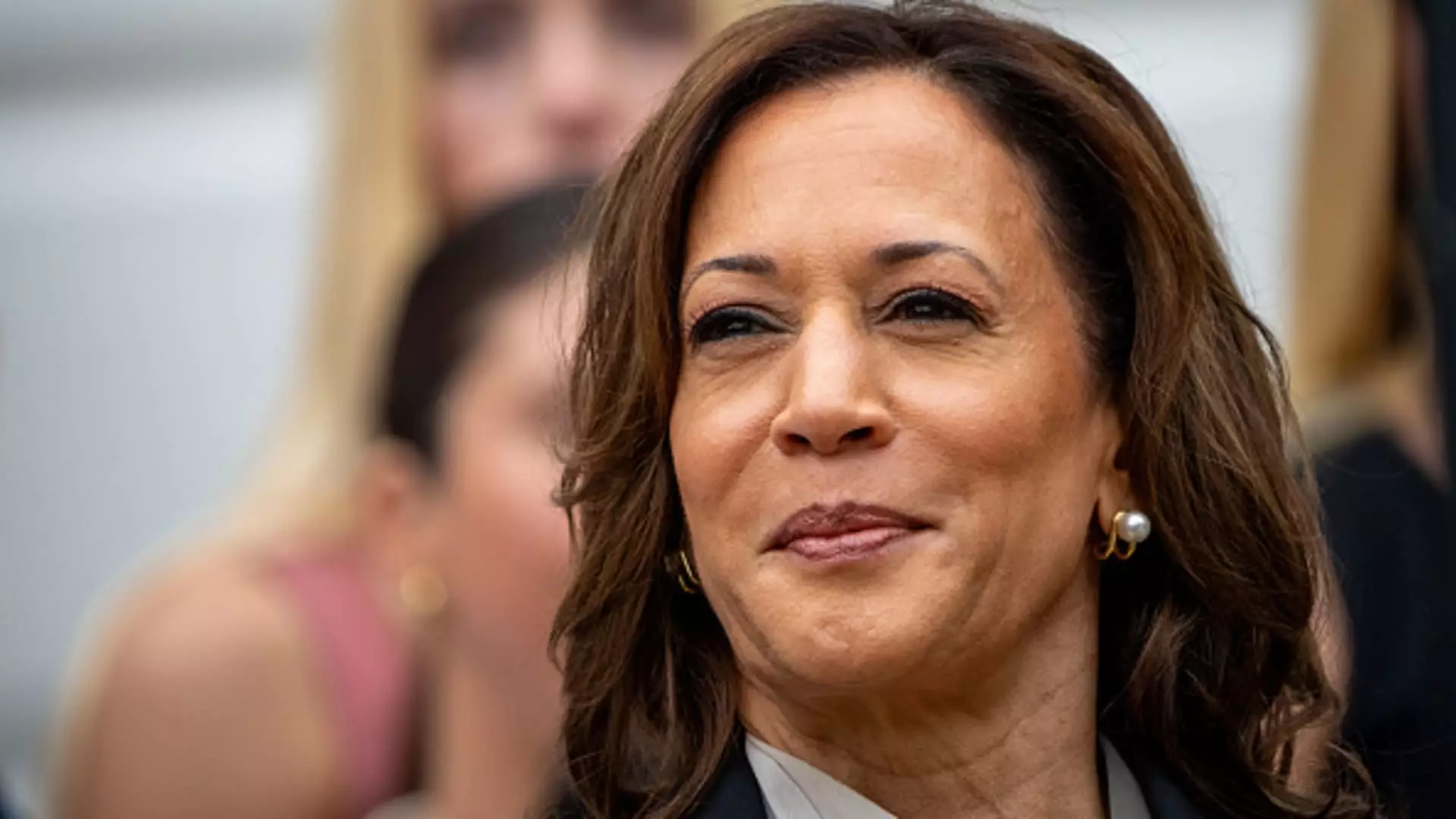If Vice President Kamala Harris were to become president, she would prioritize small business growth and large industry competition when shaping her antitrust and regulatory policy, according to Maryland’s Democratic Governor, Wes Moore. Moore believes that Harris’s administration would focus on supporting small businesses to make it easier for them to grow. Additionally, he suggests that Harris would work towards ensuring that large industries have the ability to compete effectively within the country.
A Different Path from Biden’s Administration
Moore’s comments indicate that a Harris administration would take a pro-growth, pro-competition approach to business, which contrasts with the trust-busting and merger-skeptical principles that have characterized the Biden administration. He emphasized that as vice president, Harris would face different dynamics that require different philosophies to navigate. This shift in approach suggests that Harris may bring a new vision to the regulatory landscape.
Wall Street’s Optimism
As a rising star in the Democratic party and a close ally of Biden and Harris, Moore’s insight into Harris’s potential policy direction carries weight. Wall Street dealmakers, including influential figures like IAC Chair Barry Diller and LinkedIn co-founder Reid Hoffman, are reportedly optimistic about a potential Harris administration that may deprioritize aggressive antitrust measures. Their public calls for Harris to consider replacing FTC Chair Lina Khan highlight a growing sentiment in corporate America.
George Paul, a partner at White & Case, believes that Harris’s administration would not uphold the same “big is bad” approach towards big businesses as seen under Biden. The expectation is that Harris may adopt a less aggressive stance on big business regulation, particularly in the context of mergers. While Harris has not made any official statements on this matter, the speculation around her potential approach remains a topic of interest.
As Harris continues to shape her policy platform, it is evident that there is a focus on addressing issues like price gouging and hidden fees. Her stance on bringing down costs and eliminating surprise charges aligns with her broader economic rhetoric, though the specifics of her approach to antitrust policies are still evolving. The anticipation around how Harris would govern if elected president adds an element of uncertainty to the current discussions on antitrust regulations.
Overall, the potential antitrust policy direction of a Harris administration presents a unique perspective that diverges from the current regulatory landscape. With a focus on supporting small businesses, promoting competition, and potentially reevaluating aggressive antitrust measures, Harris’s approach could mark a significant shift in how business regulations are crafted and enforced at the federal level. As the political landscape continues to evolve, the role of antitrust policy in shaping economic growth and market dynamics remains a critical aspect to monitor.



Leave a Reply